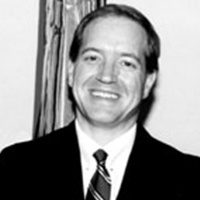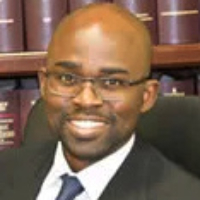Knoxville Felony Lawyer, Maryland
Sponsored Law Firm
-
 x
x

Click For More Info:
-
Hostage Legal Services
30 Courthouse Sq Ste 305 Rockville, MD 20850» view mapCriminal Defense Law The Experience And Insight You Need
Hostage Legal Services cares about your legal challenges. This comprehensive firm is located in Rockville, MD, and serves clients both statewide and nationally.
800-931-4481
Not enough matches for Knoxville Felony lawyer.
Below are all Knoxville Criminal lawyers.
Ayodeji Oyekunle Badaki
✓ VERIFIEDDivorce & Family Law, Accident & Injury, Criminal, Bankruptcy & Debt
Ayodeji Badaki holds a J.D. from the University of Baltimore School of Law as well as an LL.M. from the Georgetown University Law Center where he was ... (more)
FREE CONSULTATION
CONTACTMargaret Alice Teahan
Criminal, Divorce & Family Law, Motor Vehicle
Status: In Good Standing Licensed: 32 Years
Christopher Benedict McKenna
Construction, Immigration, Wrongful Termination, Felony
Status: In Good Standing
Donald Louis Coomes
Landlord-Tenant, Divorce & Family Law, Criminal, Bankruptcy
Status: In Good Standing
 Christopher Hostage Rockville, MD
Christopher Hostage Rockville, MD AboutHostage Legal Services
AboutHostage Legal Services Practice AreasExpertise
Practice AreasExpertise

